Macao's push to break free from its casino-dependent economy paints a rosy picture for the young generation's aspirations for careers in areas such as scientific research, technology, arts and tourism.
As the city marks its 25th anniversary on Friday as a special administrative region of the People's Republic of China, its economic transformation is opening doors that were once inconceivable for residents.
Tang Chi-pui, a 38-year-old assistant professor at Macau University of Science and Technology's State Key Laboratory of Lunar and Planetary Science, exemplifies a new generation that is charting unconventional careers in the SAR.
"When I completed my doctorate at Nanjing University, Jiangsu province, in 2014, pursuing lunar research in Macao seemed far-fetched," said the Macao native, who studies Changesite-(Y), a lunar mineral crucial to understanding the moon's evolution and the first lunar mineral discovered and identified by Chinese scientists.
Tang's parents once envisioned a stable civil service path for their son — a traditional path in a city where jobs typically revolve around casino floors, government offices and insurance sales.
Tangible transformation
The transformation is tangible. In early November, Tang gave a speech at a local high school, where students and teachers eagerly inquired about paths to aerospace research careers. "I have never been asked questions like that before," he said. "The unprecedented curiosity indicates how Macao's expanding technological sphere is opening new horizons."
He attributes this expansion to the nation's development of aerospace sectors and the government's financial incentives for technology.
Macao's efforts to shake off a longstanding reliance on casinos have been in full swing since 2006, when then SAR chief executive Ho Hauwah vowed to diversify economic development, echoing the nation's 11th Five-Year Plan (2006-10).
The vision morphed into the"1+4" strategy, unveiled in 2023, to entrench Macao's status as a tourism and leisure hub while wagering on healthcare services, modern finance, advanced technology, and the meetings, incentives, conventions and exhibitions industry.
Skyrocketing growth
Since returning to the motherland, Macao has seen its gross domestic product skyrocket nearly eightfold, from $6.1 billion in 1999 to $47 billion last year. As for gaming revenues, which once contributed more than 60 percent of GDP, officials aim to cut the share to less than 40 percent by 2028.
Sam Hou-fai, the city's incoming chief executive, who will take office on Friday, pledged to advance the SAR's diversification by developing aerospace research, traditional Chinese medicine and financial services.
Hong Kong lawmaker Adrian Pedro Ho King-hong, who is also familiar with Macao policies, said, "Over the next decade, many young people will gravitate toward emerging sectors, particularly in traditional Chinese medicine, technology and specialized finance."
Some Macao students have already chosen technically focused university programs to pursue fresh opportunities, switching from general business studies, Ho said. But he added that "building a high-tech ecosystem in Macao will require time".
Macao could accelerate its economic restructuring by leveraging Hong Kong's talent and fundraising pools, Ho said.
The integrated development of the Guangdong-Hong Kong-Macao Greater Bay Area has also greatly helped Macao diversify its economy.
The Guangdong-Macao In-Depth Cooperation Zone, established in 2021 on Hengqin Island of Zhuhai, Guangdong province, has enabled Macao to develop industries such as high-end manufacturing, TCM, financial services and cultural tourism. As of September, the zone has attracted 6,461 Macao enterprises and 16,539 Macao residents to move in.
Tourism efforts
In the tourism sector, Macao's visitor arrivals surged 30 percent year-on-year to 25.92 million in the first three quarters, with mainland tourists accounting for 70 percent of the visitors. International visitors made up just 6.5 percent of the total.
Paul Wong Fai, president of the Macau Leisure Tourism Services Innovation Association, said the city is ramping up efforts to draw tourists from Asia as well as Europe and the United States.
Wong noted that Macao's next administration plans to create an integrated tourism zone for international travelers. "The government is already revitalizing various districts across Macao, blending community development with tourism initiatives," he said.
"The government's move is breathing new life into neighborhoods like Rua da Felicidade, the area around Fortaleza do Monte, the historic Lai Chi Vun Shipyards, and Barra Square near A-Ma Temple," Wong said. "These efforts aim to highlight Macao's unique fusion of Eastern and Western cultures."
'City of performing arts'
Developing Macao as a "city of performing arts" has also been discussed in recent years amid its economic reshuffle. In 2023, more than 2,000 major performances and 10,000 cultural events drew a total of nearly 20 million participants. Large-scale concerts alone attracted 1 million people, generating $137.4 million in ticket sales.
Henry Lei Chun-kwok, an associate professor of business economics at the University of Macau, said the economic impact is clear, since typical mainland tourists spend an average of around $385 per visit, while concertgoers spend nearly twice that amount on accommodations, dining and shopping.








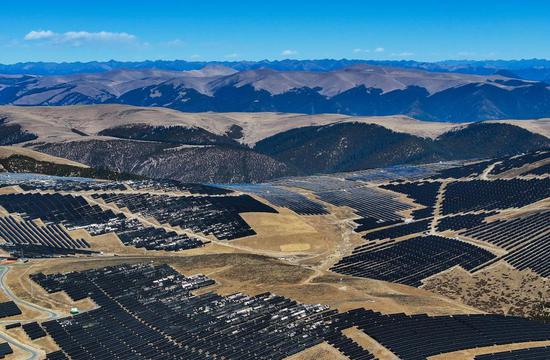
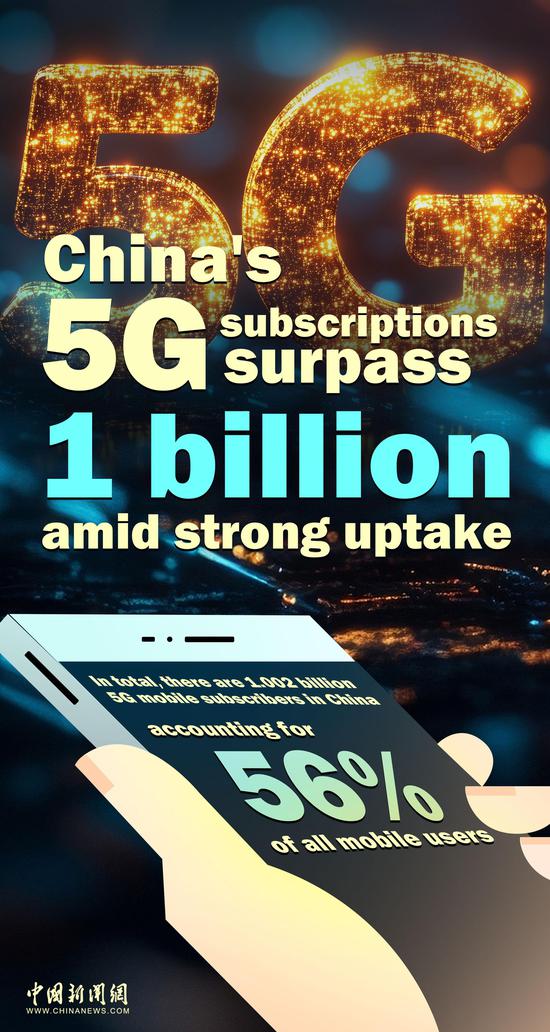
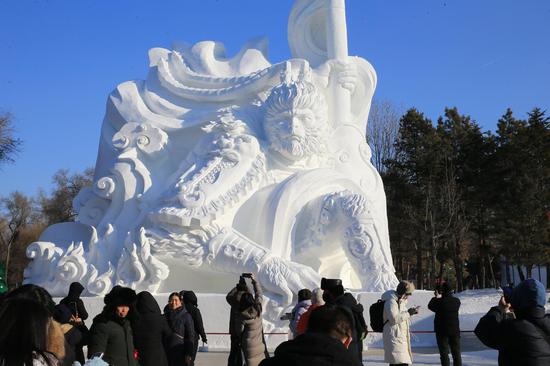
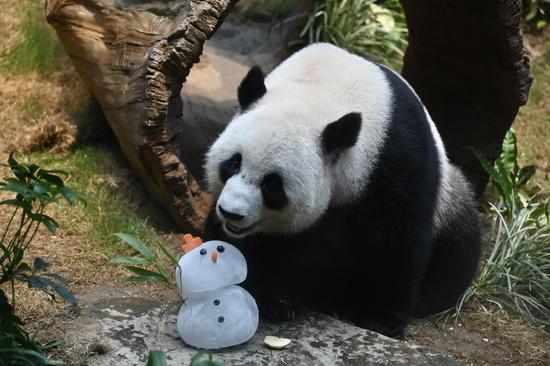
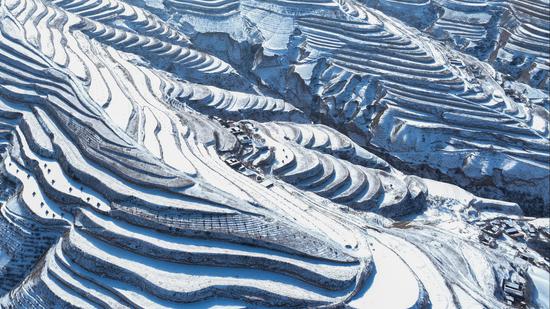
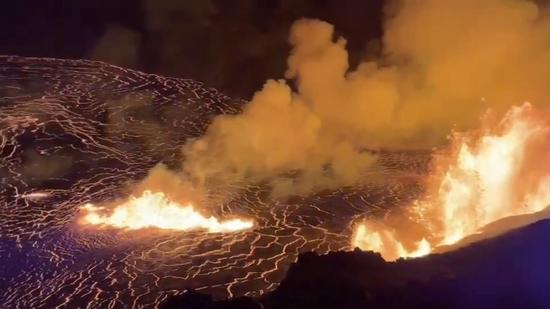
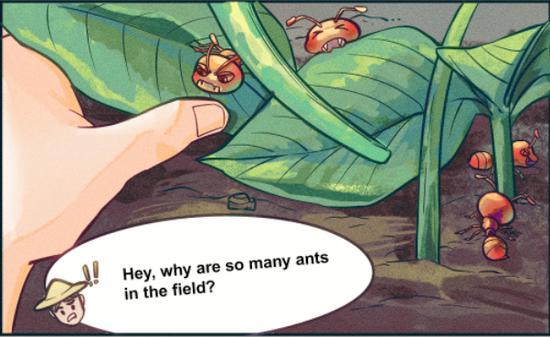
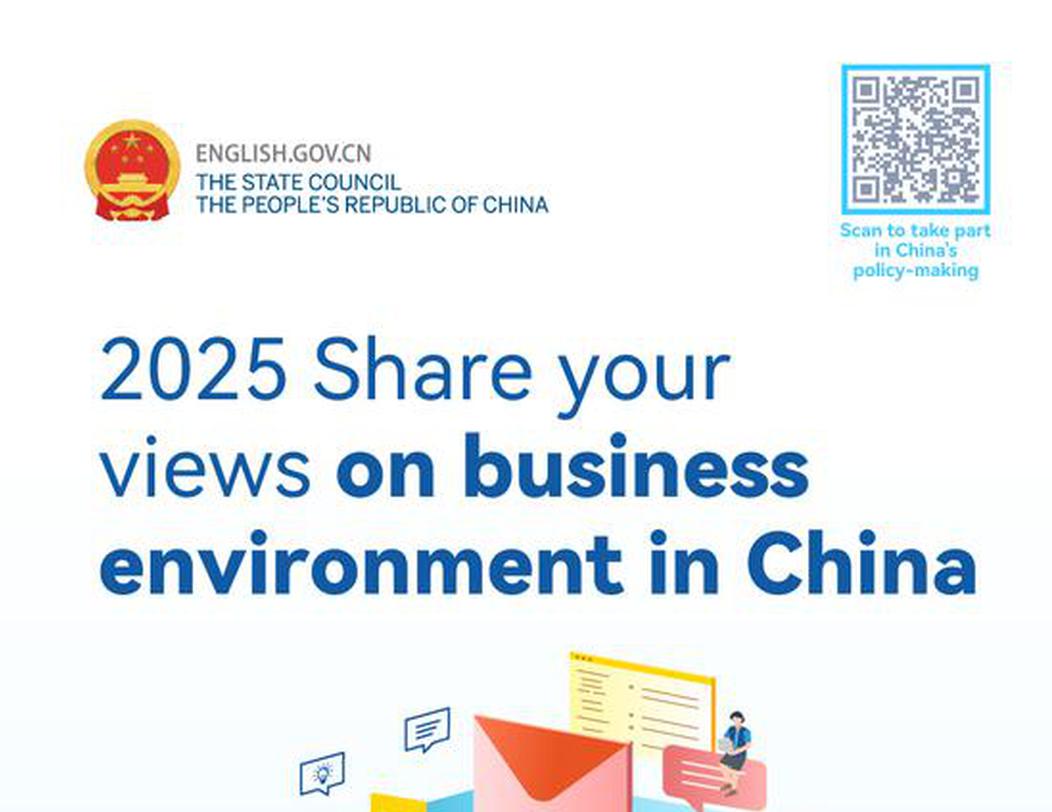
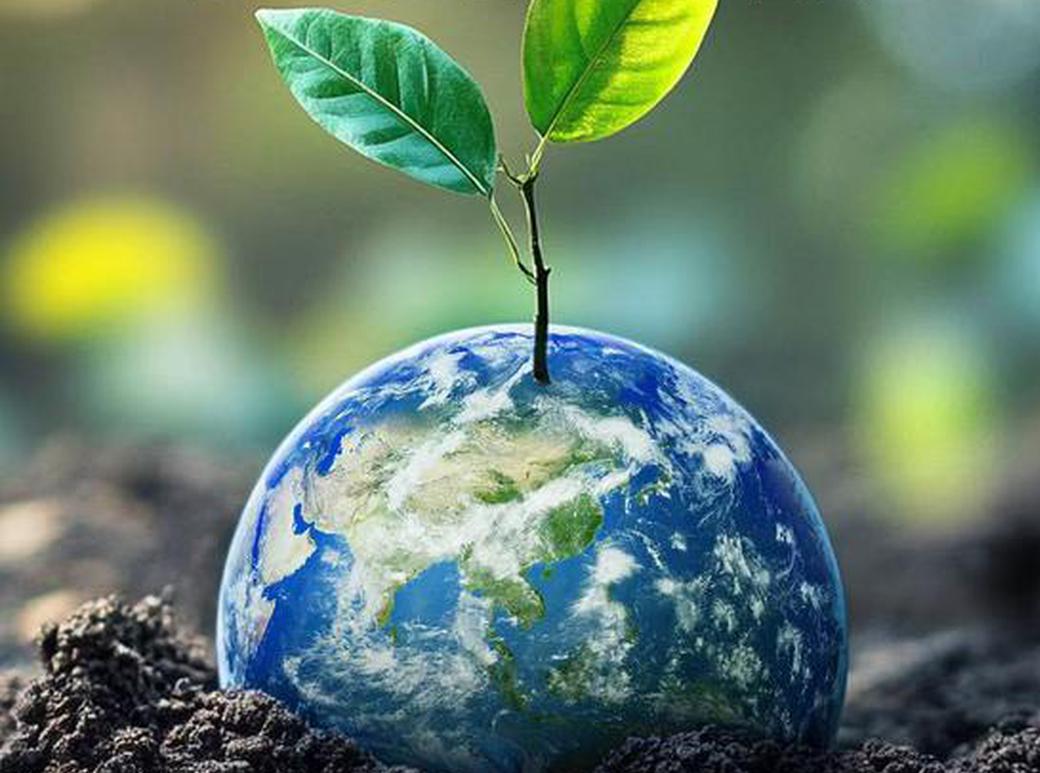
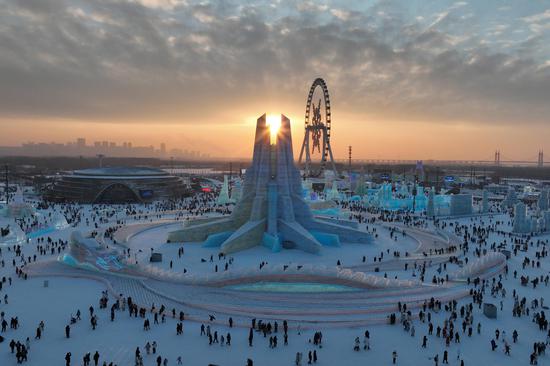
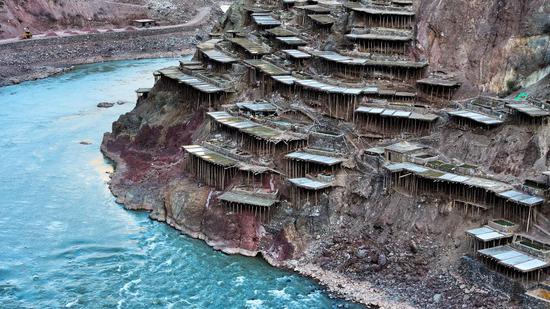
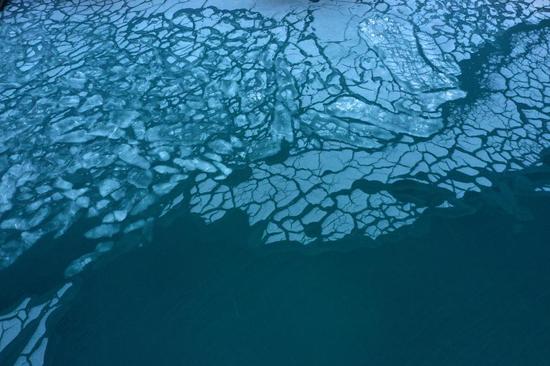

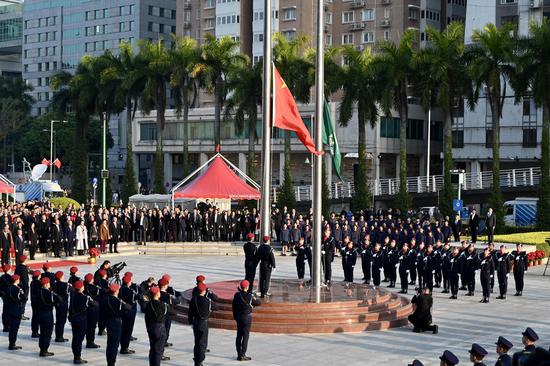
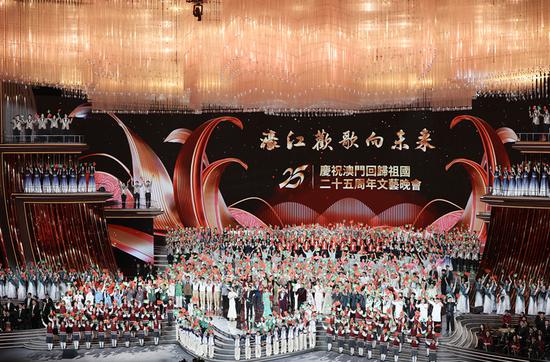
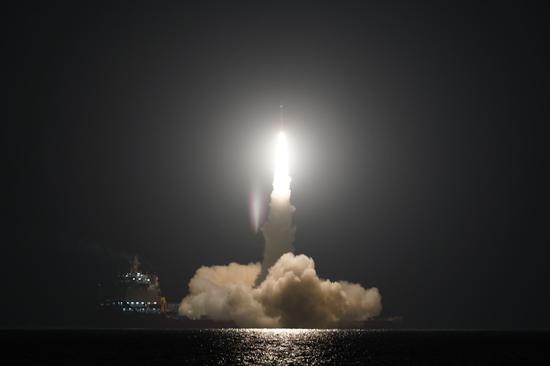


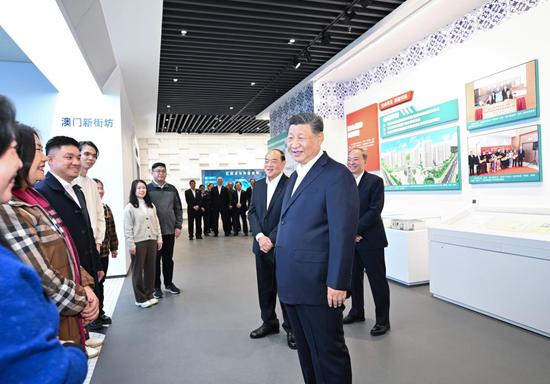
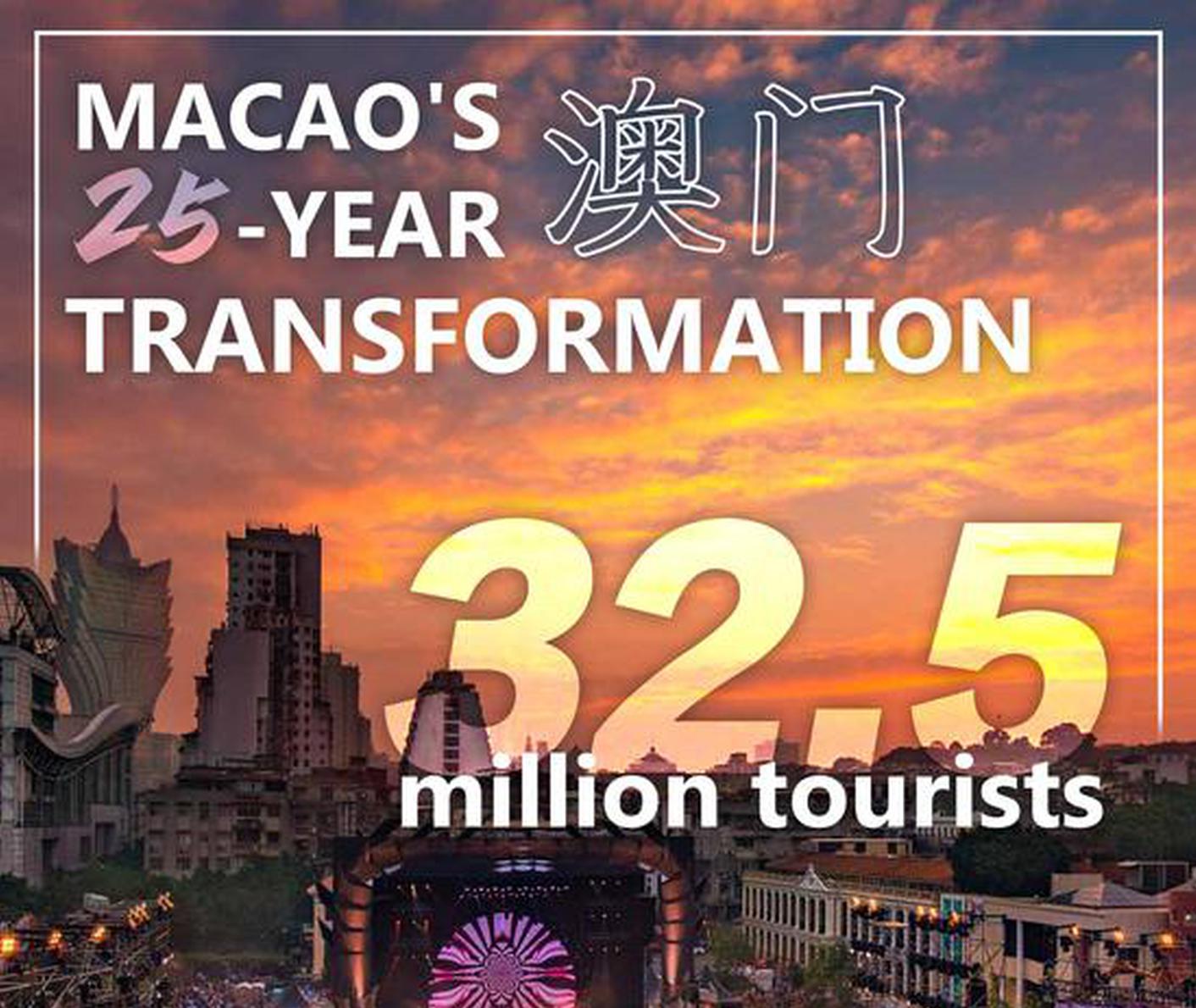
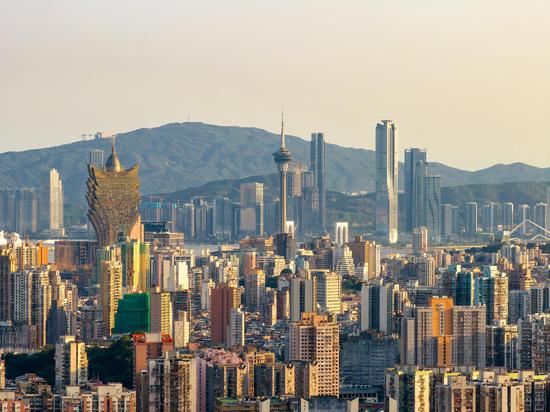
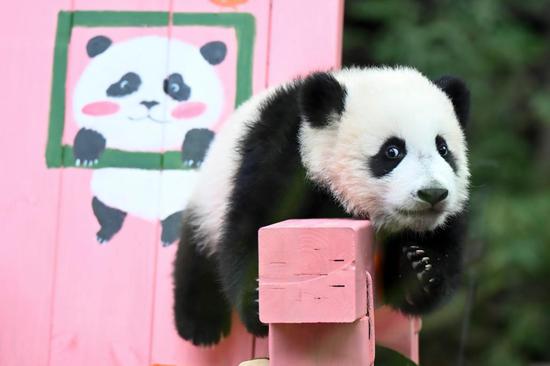
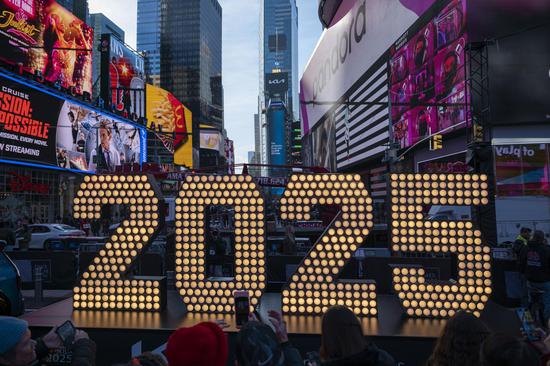
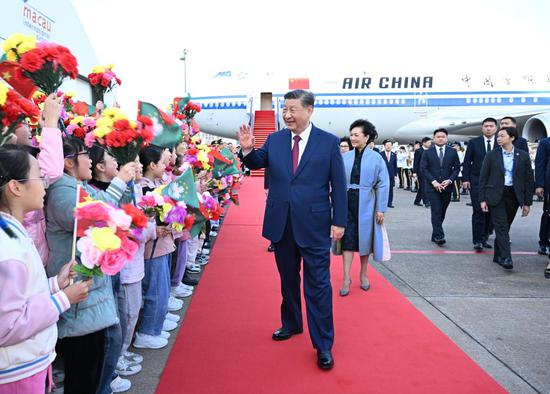
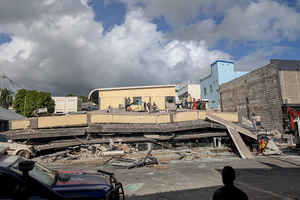
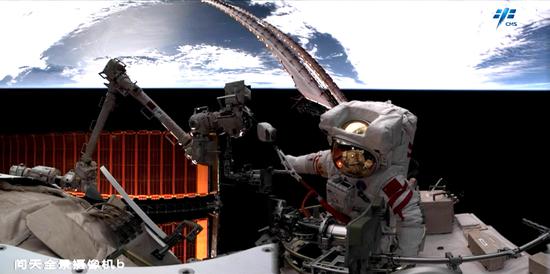
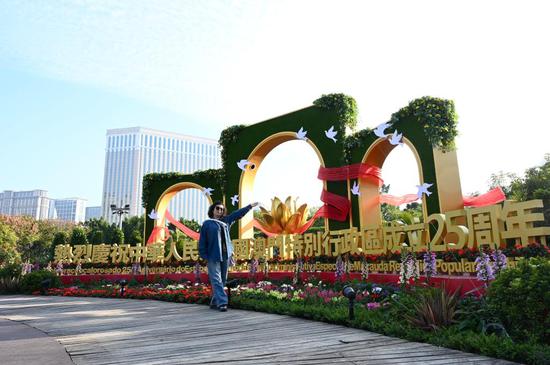
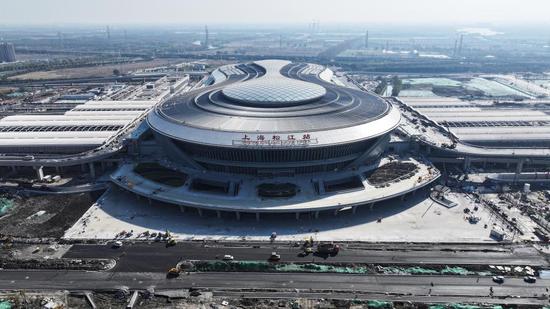
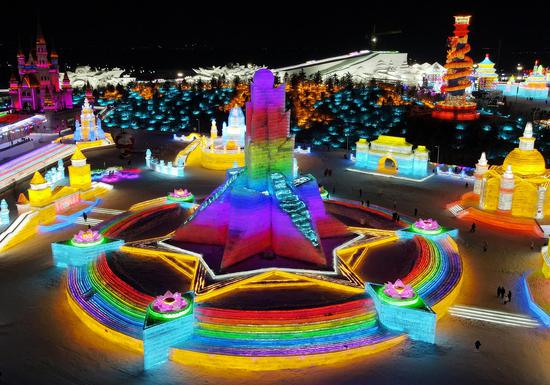
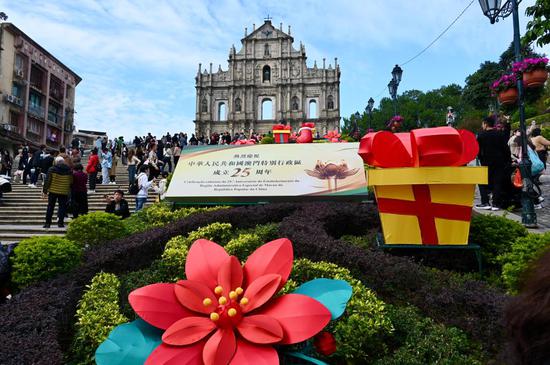
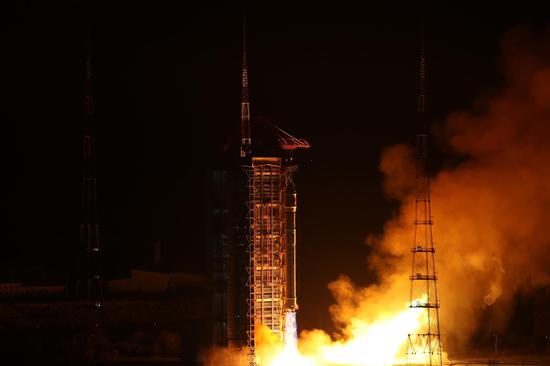
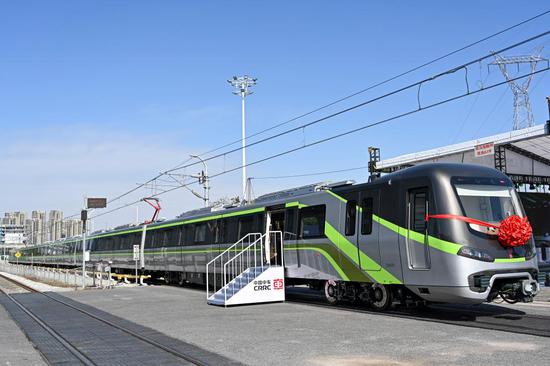
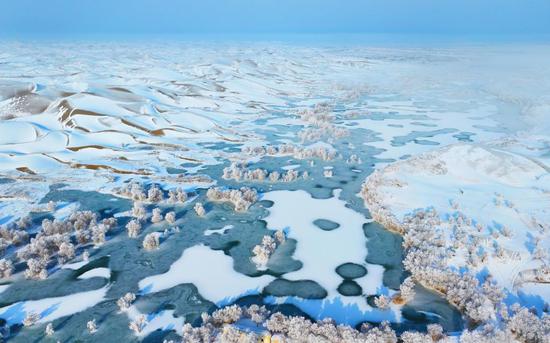
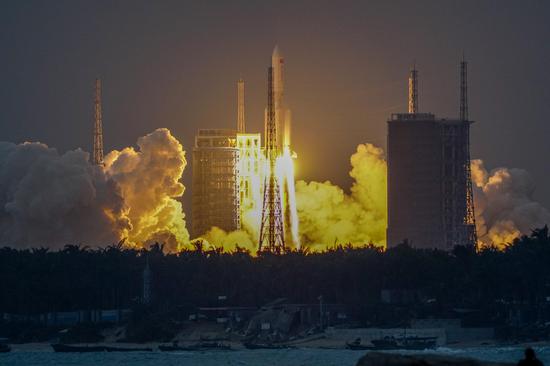
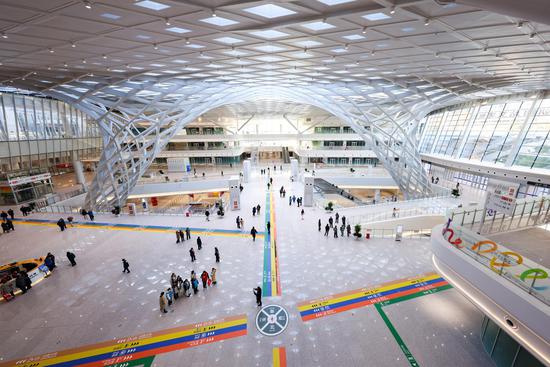
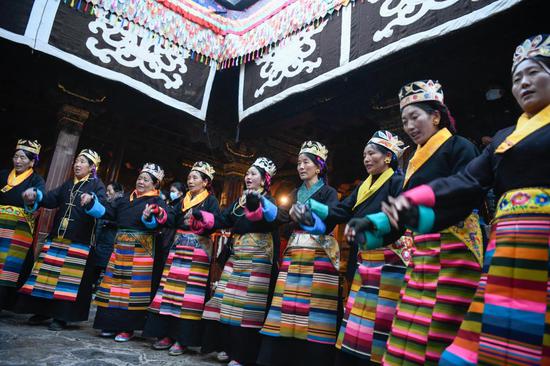
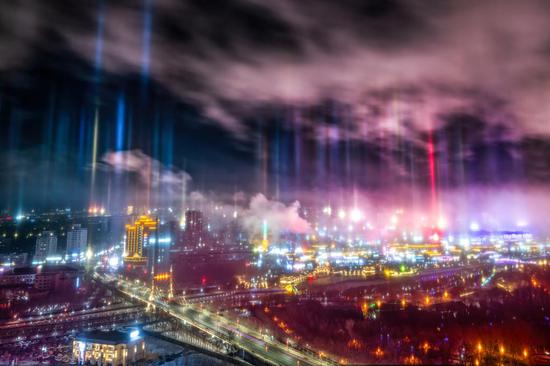

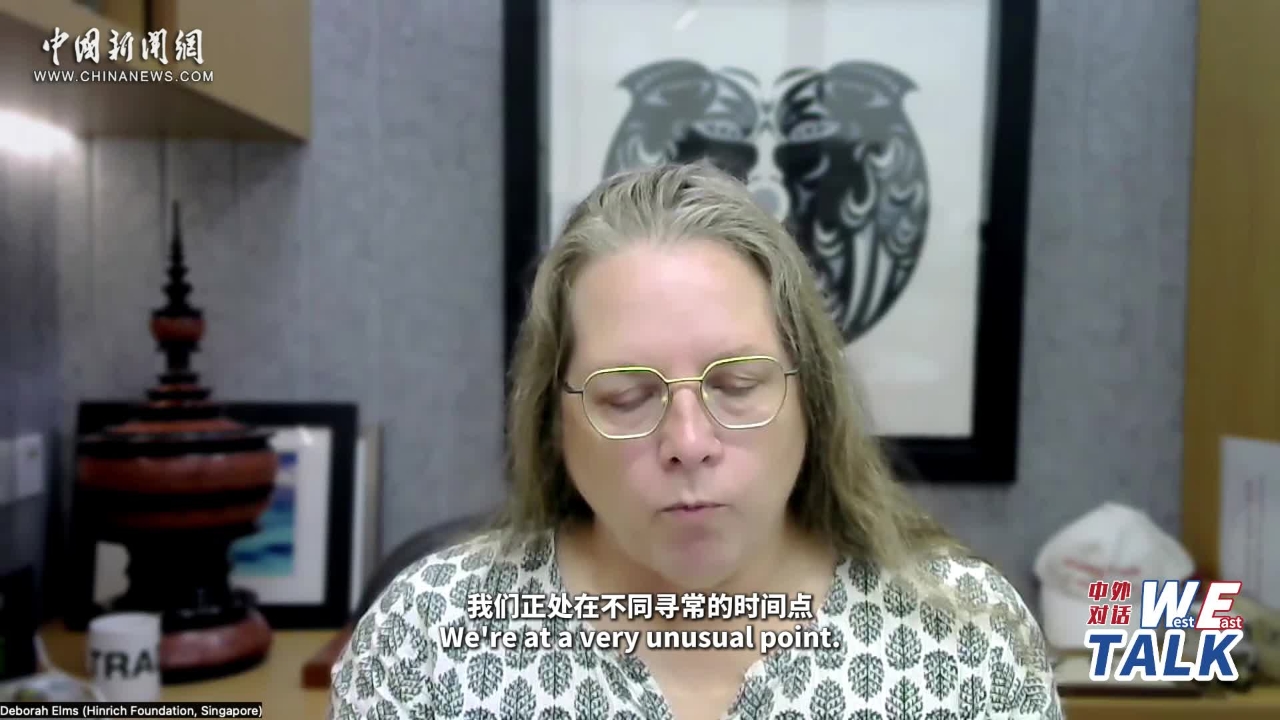



 京公网安备 11010202009201号
京公网安备 11010202009201号